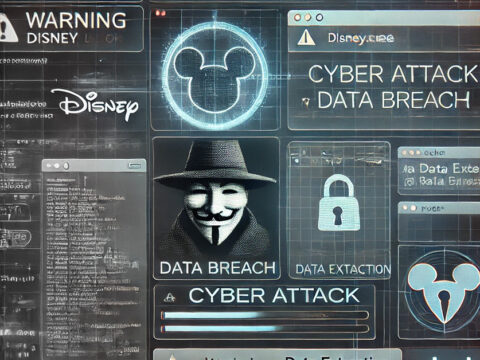Major Cyberattack on Trello Exposes 15 Million Accounts
Major Cyberattack on Trello Exposes 15 Million Accounts
In a significant cybersecurity incident this week, popular online project management tool Trello experienced a massive data breach, exposing the personal information of over 15 million users. The breach has raised serious concerns about data security practices in widely-used digital collaboration platforms.
Details of the Breach
In January 2024, Trello, owned by Atlassian, was targeted in a cyberattack that resulted in a leak of 15,115,516 user accounts. The breach exploited Trello’s public API, allowing hackers to match an existing database of 50 million emails with Trello accounts. The stolen data included emails, usernames, and full names, which were subsequently offered for sale on a hacking forum.
Atlassian confirmed that the breach was not due to unauthorized access but rather a result of inadequate security measures concerning their public API. In response to the incident, Trello has since hardened its public APIs, which now require authentication to prevent similar breaches in the future.
Implications and Response
The exposure of personal information from Trello accounts presents a significant risk of phishing attacks and other malicious activities. Users are urged to be vigilant and monitor their email accounts for suspicious activities. Atlassian’s response included immediate measures to enhance security, though the delay in detecting the vulnerability has drawn criticism.
This breach follows a series of security challenges for Atlassian, including a zero-day vulnerability discovered in their Confluence suite in November 2023. The repeated incidents highlight the pressing need for stronger cybersecurity measures in cloud-based service providers.
Industry Reactions and Recommendations
The Trello breach is part of a broader trend of increasing cyberattacks targeting widely-used online services. Security experts emphasize the importance of robust security protocols and regular audits to safeguard user data. Companies are advised to adopt multi-factor authentication and encrypt sensitive data to mitigate risks.
In light of these events, users of online collaboration tools are encouraged to review their security settings, use strong and unique passwords, and enable two-factor authentication where possible. Keeping software and applications up-to-date with the latest security patches is also crucial in preventing such breaches.
Source: TechRadar and Recorded Future News.












